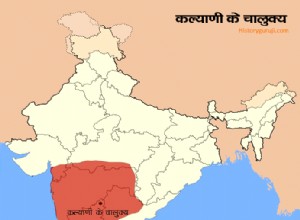Ottoman invasion of India:Mahmud Ghaznavi The establishment of the Sultanate was a landmark event in Indian history. The establishment of the Delhi Sultanate was a result of the expansionist activities that encouraged religious and political changes in Arabia and Central Asia as a result of the est




